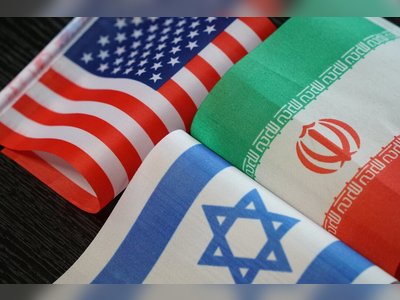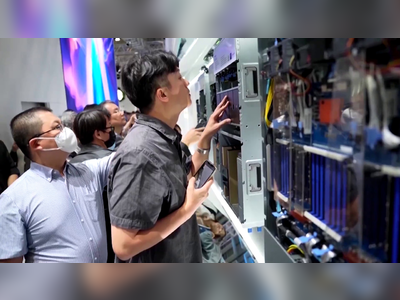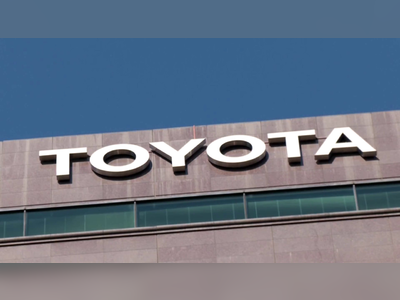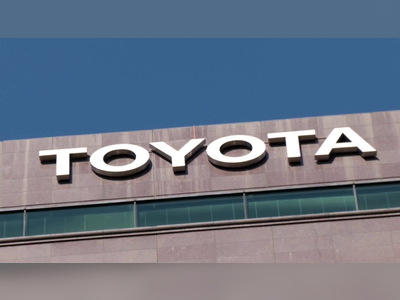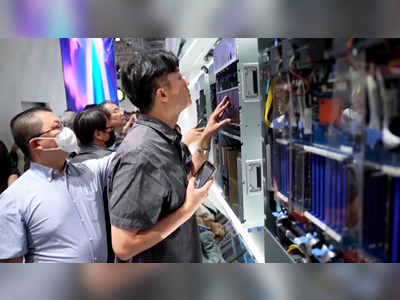Donald Trump Inaugurated as 47th President of the United States Amid Unconventional Ceremony
Trump outlines key policy initiatives including border security, trade tariffs, and withdrawal from the Paris Climate Agreement.
On January 20, 2025, Donald Trump was inaugurated as the 47th President of the United States in a ceremony held inside the Capitol Rotunda, marking a deviation from the traditional outdoor inauguration due to adverse weather conditions in Washington D.C. Such weather-related venue changes last occurred with Ronald Reagan's second inauguration in 1985.
The ceremony was attended by outgoing President Joe Biden and First Lady Jill Biden, who earlier welcomed President Trump and Melania Trump to the White House for a customary tea ceremony.
In his inaugural address, President Trump proclaimed the dawn of a 'golden age' for America, emphasizing a resurgence from a purported decline.
Trump outlined a policy agenda aimed at prioritizing the United States on the global stage, committing to actions such as strengthening border security, revising energy policies, and imposing tariffs on imports.
Additionally, he announced plans to withdraw from the Paris Climate Agreement, reversing a previous environmental commitment made under the Biden administration.
The ceremony, attended by prominent figures across industries, including tech executives Mark Zuckerberg, Jeff Bezos, Sundar Pichai, and Elon Musk, took place indoors; the severe weather precluded the traditional public gathering on the National Mall.
During Trump's previous tenure from 2017 to 2021, many policies deviated from established norms, resulting in notable domestic and international discourse.
With his second term underway, significant shifts in policy, particularly concerning immigration and the 'America First' doctrine, are anticipated.
These changes could impact both domestic governance and international relations, signaling a continuation of unconventional approaches characterized by the Trump administration.
The ceremony was attended by outgoing President Joe Biden and First Lady Jill Biden, who earlier welcomed President Trump and Melania Trump to the White House for a customary tea ceremony.
In his inaugural address, President Trump proclaimed the dawn of a 'golden age' for America, emphasizing a resurgence from a purported decline.
Trump outlined a policy agenda aimed at prioritizing the United States on the global stage, committing to actions such as strengthening border security, revising energy policies, and imposing tariffs on imports.
Additionally, he announced plans to withdraw from the Paris Climate Agreement, reversing a previous environmental commitment made under the Biden administration.
The ceremony, attended by prominent figures across industries, including tech executives Mark Zuckerberg, Jeff Bezos, Sundar Pichai, and Elon Musk, took place indoors; the severe weather precluded the traditional public gathering on the National Mall.
During Trump's previous tenure from 2017 to 2021, many policies deviated from established norms, resulting in notable domestic and international discourse.
With his second term underway, significant shifts in policy, particularly concerning immigration and the 'America First' doctrine, are anticipated.
These changes could impact both domestic governance and international relations, signaling a continuation of unconventional approaches characterized by the Trump administration.
AI Disclaimer: An advanced artificial intelligence (AI) system generated the content of this page on its own. This innovative technology conducts extensive research from a variety of reliable sources, performs rigorous fact-checking and verification, cleans up and balances biased or manipulated content, and presents a minimal factual summary that is just enough yet essential for you to function as an informed and educated citizen. Please keep in mind, however, that this system is an evolving technology, and as a result, the article may contain accidental inaccuracies or errors. We urge you to help us improve our site by reporting any inaccuracies you find using the "Contact Us" link at the bottom of this page. Your helpful feedback helps us improve our system and deliver more precise content. When you find an article of interest here, please look for the full and extensive coverage of this topic in traditional news sources, as they are written by professional journalists that we try to support, not replace. We appreciate your understanding and assistance.
